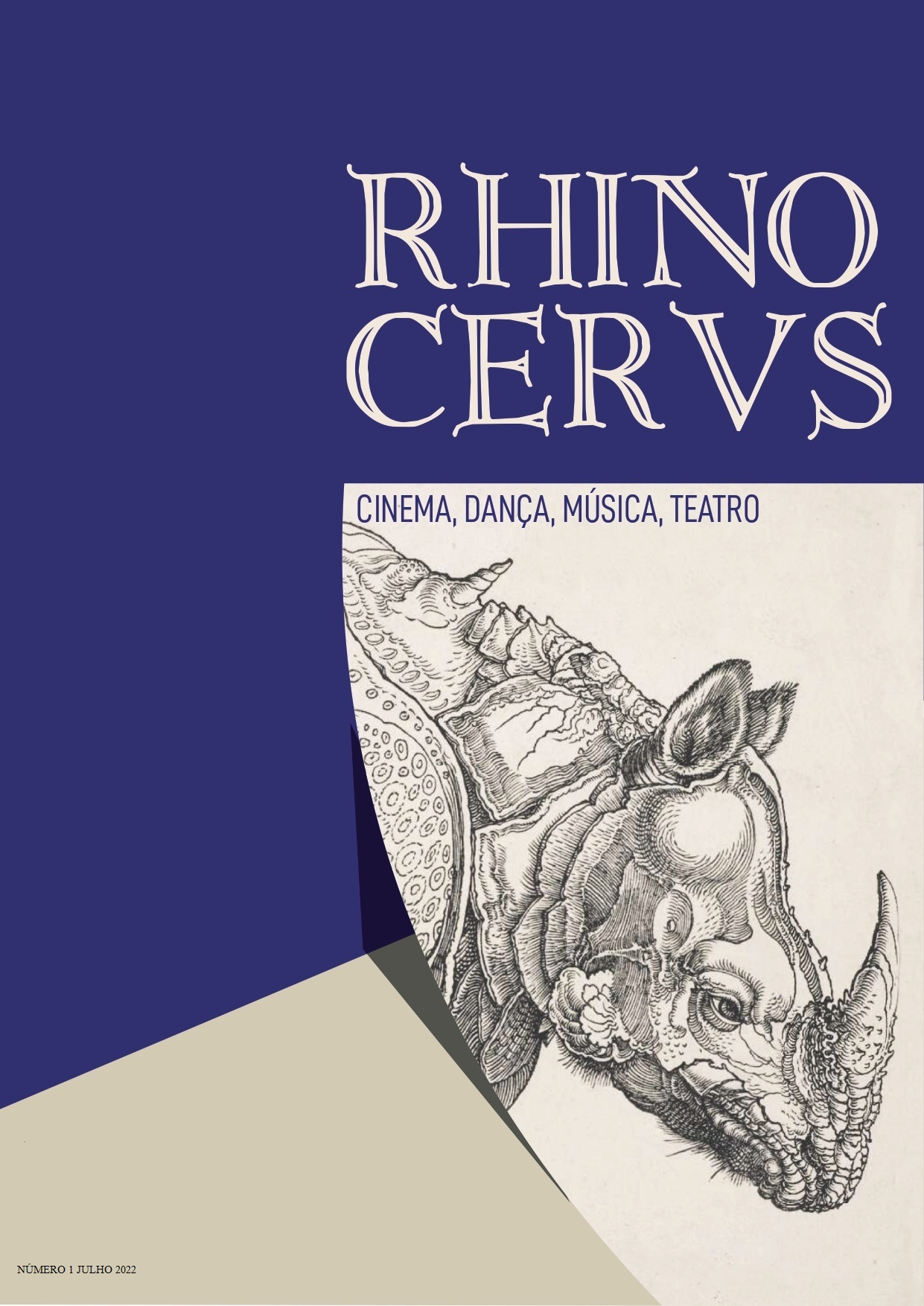Towards a state of the art of contemporary portuguese cinema: contexts, fictions and essays
DOI:
https://doi.org/10.34629/rcdmt.vol.1.n.1.pp45-64Keywords:
Cinema, Realism, Introspection, Community, Women, Autobiography, ReferentAbstract
This article aims to establish a retrospective on Portuguese Cinema of the beginning of the 21st century, analyzing three films with different thematic and stilystic cinematic visions: “Alice”, “Farpões Baldios” and “A Metamorfose dos Pássaros”. With this analysis, we want to elaborate some conclusions about a possible state of art of the contemporany portuguese cinematography, approaching concepts such as: introspection, believe, imagination, collective character and social referent.
Downloads
References
Baptista-Bastos. 1962. O Filme e o Realismo. Barcelos: Editora Arcádia.
Hume, David. 1984. Investigação sobre o Entendimento Humano. Lisboa: Edições 70.
Marx, Karl, et. al. 1971. Sobre a Emancipação da Mulher. Lisboa: Cadernos Maria da Fonte.
Schrader, Paul. 2018. Transcendental Style in Cinema. California: University of California Press.
Downloads
Published
Issue
Section
License
Copyright (c) 2022 RHINOCERVS: Cinema, Dança, Música, Teatro

This work is licensed under a Creative Commons Attribution-NonCommercial 4.0 International License.
Articles published or submitted to RHINOCERVS: Cinema, Dança, Música, Teatro are licensed according to Creative Commons Attribution License (CC BY-NC 4.0). Authors agree that:
Copyrights of all articles published are retained by authors with first publication copyright granted to the journal.
All articles are under the Creative Commons Attribution License recognizing the authorship of the publication and identifying that first publication took place in this journal.
Authors have the right to free distribute or make available in private or institutional pages the version published by RHINOCERVS: Cinema, Dança, Música, Teatro provided the original proper citation.
The journal only accepts articles not published previously (except in the form of an abstract or as part of academic thesis), that it is not under consideration for publication elsewhere. After published, the article cannot be published again partial or totally without the editorial board consent.





